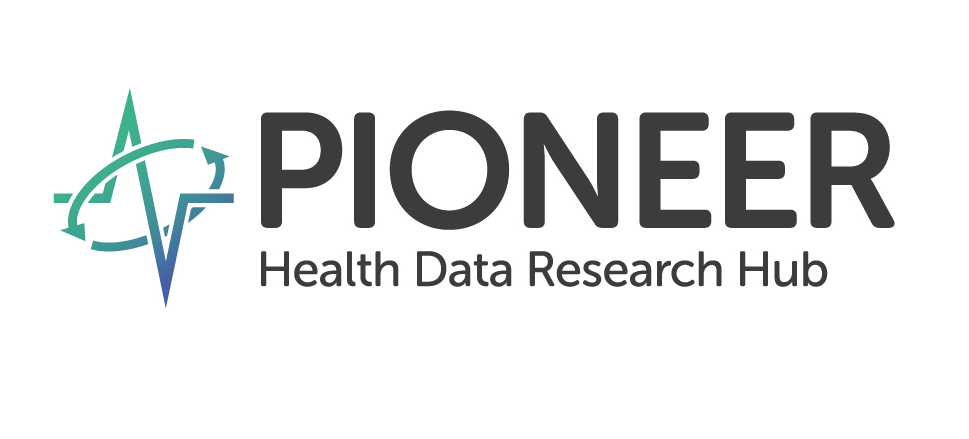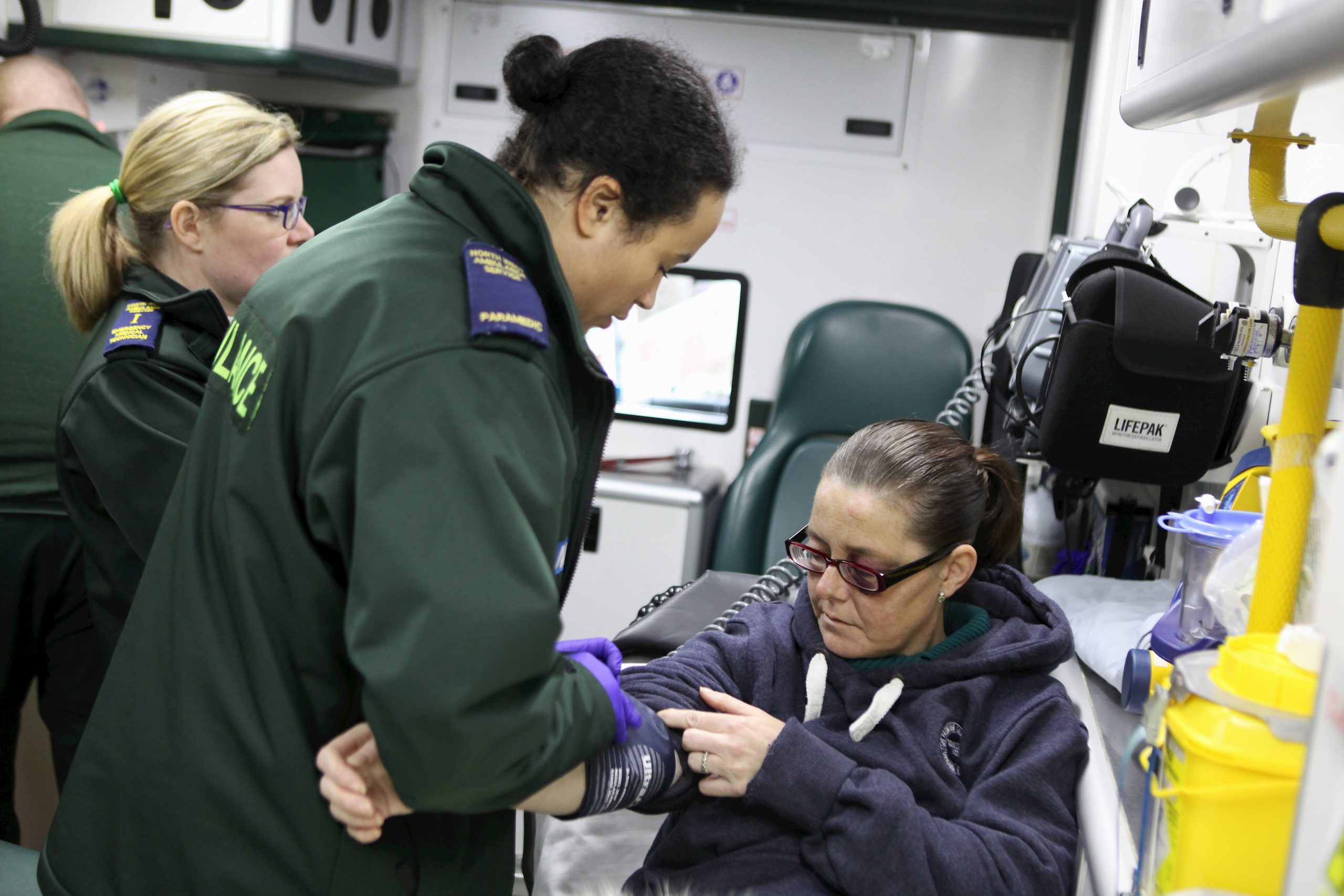Integrated health data and cross sector working - A view from the frontline of healthcare services
17 March 2020 | Author: Dr Elizabeth Sapey, Director of PIONEER and Reader in Acute and Respiratory Medicine
Guest Blog
Last month “Health Equity in England: the Marmott review 10 years on” was published, highlighting that many people can expect to live more of their lives in poor health, especially those from our poorest communities. This is reflected in the ways we currently use healthcare services. The NHS is under relentless and increasing pressure to meet the health needs of our nation. Nowhere is this felt more than in acute care. Acute care is any unplanned healthcare contact, when a person seeks “unexpected or unplanned medical advice or treatment”. Each year, the NHS provides more than 110 million acute care health contacts – that is more than 200 each minute. The financial implication is huge, estimated at £17 Billion pounds per year, but the societal cost is even higher.
Many acute care consultations are the first diagnosis of a chronic disease at a late stage, when the disease is severe. One quarter of cancer diagnoses are made in acute care, often when the disease is advanced. A high proportion of those presented represent acute flares of chronic disease which may have been sub-optimally managed. Approximately five percent (over 5 million acute care contacts) reflect adverse drug reactions.
How much of this burden of ill-health is really “unexpected” and how can we transition more people from “unplanned” to “planned“ healthcare?
Part of the challenge faced by acute care, is that it is provided by traditionally-siloed healthcare services. A patient can access unplanned healthcare from many different sources (a pharmacist, their GP, an out of hours GP, the ambulance service, and different hospitals and minor injuries units) with little sharing of data between these organisations. This limits our ability to understand how health problems have arisen and gives us few opportunities to intervene sooner, and perhaps as importantly, intervene smarter.
We urgently need innovation in how patients access medical help, the medical assessments they undergo, the therapies they receive, and how they are monitored. We need technologies which help people receive the care they need in the most suitable setting, which may not always be hospital. We need to empower patients to monitor their own healthcare needs, and through smart technology, intervene sooner. We need computer software that helps healthcare professionals make earlier diagnoses by recognising complex patterns of illness across time and geography. However, to achieve all this, we need integrated information about people during acute illnesses to ensure the innovations we design are useful and valued.
PIONEER, the Health Data Hub for Acute Care, will deliver this joined up health data, creating a complete map of innovation needs in acute care and closing the health data loop from home to community services to hospital services to the community.
Specific ethical permissions will permit linkage of an individual’s acute care journey across community/ hospital providers, allowing us to understand, for the first time, how, where and why people seek unplanned medical help. Understanding this journey, their disease burden and outcomes will provide critical insights into where we can change practice. By linking data across primary and secondary care providers, and across regional and national settings we can understand acute care in depth and at scale.
These data provide an incredible opportunity, but one which can only be realised with cross-sector working, as the challenges we face are too complex to be solved by one group alone.
We need patient voices to help prioritise the work to be done, engaged and research-active NHS healthcare professionals to provide advice and early testing, cutting edge bio-informatics and computer scientists to identify where we are now as well as model where we might be and provide tools to enhance how we deliver healthcare and academic and industry innovators to develop new solutions. The UK is ideally placed to solve its own health challenges and our diverse but stable population will help us positively impact healthcare both within the UK and globally.
One of the most exciting prospects for PIONEER is seeing how this community of expertise can work together with innovators from different academic institutions and industries to make a real change to the choices patients have and the outcomes they experience. Given the stark words of the Marmott report, we need to start this together, and now.



